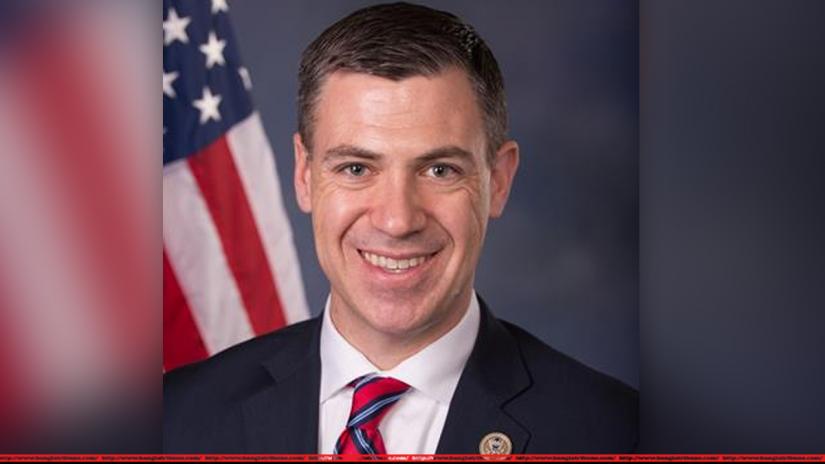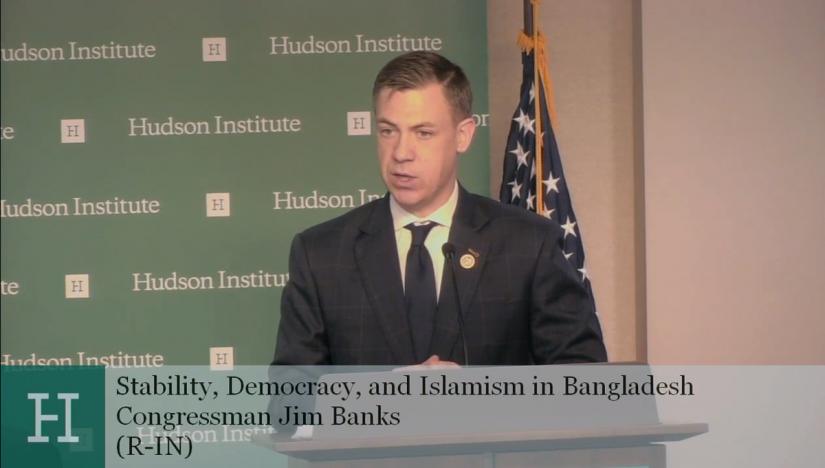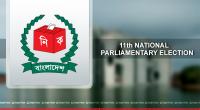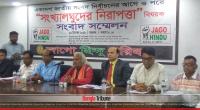
Different from the views of the US government, US civil society, think tank and lawmakers think that Jamaat-e-Islami poses a threat to Bangladesh.
An influential US Congressman Jim Banks and other members of the civil society at a programme organised by Hudson Institute think-tank Wednesday said Jamaat ‘threatened the prosperity of Bangladesh.’
Making comment about the issue, Former Bangladesh Ambassador to United States Tariq A Karim told Bangla Tribune, “Maybe Americans are waking up to the history.”

I never seen such sharp anti-Jamaat rhetoric before, he said.
“They should have woken up long time ago, but now at least now we are seeing some sharp anti-Jamaat rhetoric,” he said.
He said Jamaat opposed the birth of Pakistan and its founder Syed Abul Maududi Chishti was condemned to death.
But, from the pariah, he turned himself into a ‘kingmaker’ as all the successive military regimes used the street power of the party, he said.
Subscribing the same view, security analyst former major general Abdur Rashid said, “the US society now understands that it will hurt their long-term interest if the administration patronises radical forces like Jamaat.”
He was of the view that the atrocities committed in 2013-14 in Bangladesh had changed their perception and now they have taken anti-Jamaat stance.
It is understood that the rise of theocratic forces in Bangladesh will not be good for Bangladesh, the region and the whole world.
Citing example, he said the position of the US administration towards Pakistan is the same what it used to be.
“Now they have strong stance against the forces which support terrorism,” he said.
Meanwhile, at the Hudson Institute panelists included Liberty South Asia’s Seth Oldmixon, the Middle East Forum’s Sam Westrop, and Abha Shanker of the Investigative Project on Terrorism. The panel was moderated by Ambassador Husain Haqqani, Hudson Institute director for South and Central Asia programing.
Jim Banks said the United States stands with the Bangladeshi people seeking free, fair and safe democratic elections but cautioned that Islamist groups including Jamaat-e-Islami poses a great threat to the country’s democracy and progress.
“Bangladesh is a young democracy that struggles with radical groups attempting to subvert Bangladesh’s progress all while seeking political power for themselves,” he said.
The Congressman said the United States should support the efforts of Bangladesh government to combat the radical Islamist groups and to reaffirm the rights of the religious minorities.
Banks said the resolution he introduced on Nov 20 at the Congress called on the USAID and the US State Department to refrain from any partnership or any funding arrangement from any organizations affiliated with radical Islamist groups in Bangladesh.
Hudson director Husain Haqqani said Bangladesh is one of Asia’s most successful economies, yet on the social and political front, the country faces numerous challenges.
There has been one party and one leader, who has been in power for 10 years, and some people fear that democracy is being hurt to provide stability while others argue that democracy and stability go hand in hand.
Bangladesh society has undergone tremendous transformation and what is visible is the rise of some Islamist parties including Jamaat-e-islami which has close ties with the islamist parties in the region and beyond including supporters in US, what several scholars believe may pose a challenge for national security of the US homeland, he said.
With the rising influence of Islamist groups like Bangladesh Jamaat-e-Islami in the country’s politics and accusations of authoritarianism against Sheikh Hasina, Bangladesh’s current and longest-reigning prime minister, the outcome of the December 30 elections will be important for both Bangladeshis and the region, he added.
Liberty South Asia’s founder Seth Oldmixon said he was cautiously optimistic when Dr Kamal Hossain joined the Alliance.
“My optimism is going down,” he said.
Kamal was a respectful secular politician and he joined the alliance on one condition and that is no alliance would be made with Jamaat. But, BNP has strategic alliance with Jamaat and they bagged 25 nomination while Dr Kamal and his followers got 19 nomination, he said.
“Jamaat still plays outsize influence in Bangladesh politics,” he added.


